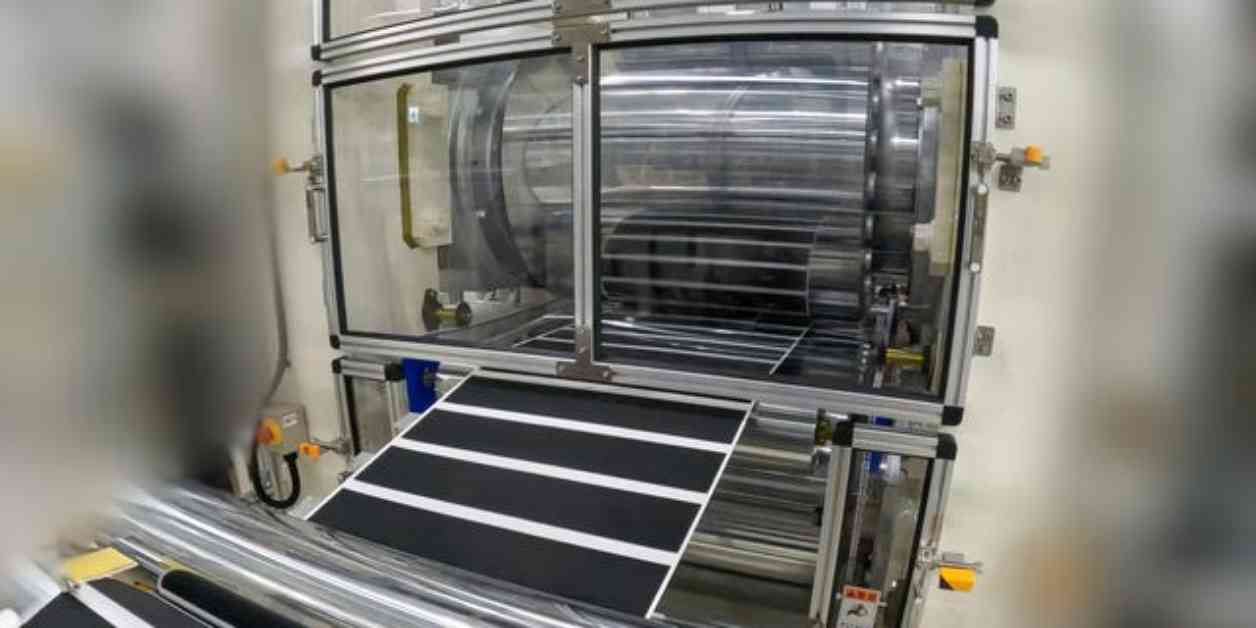Honda has made significant progress in the production of solid-state batteries with the opening of a demonstration production line at its R&D center in Japan. The company’s focus is on cost competitiveness and rapid testing of different factors affecting the design and production of these new cells.
The new test production line for solid-state batteries allows Honda to test various cell sizes, production processes, and other factors crucial for mass production. These cells are Honda’s own proprietary design, developed over several years to ensure they meet the company’s high standards.
Honda aims to use these solid-state cells in a wide range of mobility products, including vehicles, motorcycles, and even aircraft. By collaborating with product engineers, the battery development team is working to ensure that these new batteries can be seamlessly integrated into the vehicles currently under design.
The test production line in Japan enables engineers to test and verify every step of the battery cell production process. From weighing electrode materials to assembling cells into modules, every detail is carefully examined to ensure quality and efficiency.
Developing solid-state batteries has been a costly and time-consuming process for many companies worldwide. Honda’s ability to prototype new materials and processes on a mock assembly line allows for quick iteration and testing of different factors, ultimately leading to cost-competitive solid-state cells.
The company’s innovative roll-processing technique enables the production of solid-state cells using methods similar to those used for liquid-electrolyte lithium-ion cells. This technique allows for denser layers of solid electrolyte to be used, speeding up the production process and reducing costs.
Solid-state batteries offer higher power output, greater energy density, and faster recharging compared to traditional lithium-ion cells with liquid electrolytes. While solid-state cells may initially cost more, Honda’s focus on affordability and high-volume production suggests a path towards cost competitiveness in the market.
Although solid-state cells are seen as the future of battery technology for electric vehicles, companies like Toyota have faced challenges in bringing them to mass production. Honda’s progress in solid-state battery production marks a significant step towards a more sustainable and efficient future for electric mobility.
In conclusion, Honda’s commitment to developing solid-state batteries reflects its dedication to innovation and sustainability in the automotive industry. The advancements in battery technology will not only benefit electric vehicles but also a wide range of mobility products, paving the way for a cleaner and more efficient transportation sector in the years to come.










